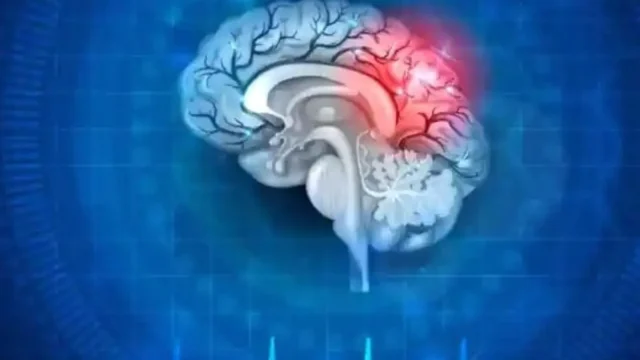People under the age of 45 have been getting brain strokes over the past few years as a result of numerous lifestyle choices.
According to studies conducted in India, brain stroke affects more than 10% to 15% of adults under the age of 40. This calls for more public awareness, particularly on World Stroke Day, to encourage the younger generation to choose healthier lifestyle choices.
“Because of their lifestyle, young people are suffering strokes at a higher rate. This includes unhealthily irregular eating habits and rising levels of stress in their personal and works lives. This increases their risk of stroke “Dr. Jaideep Bansal, Director and Head of Neurology at Fortis Hospital Shalimar Bagh, offers advice.
A stroke is the sudden death or loss of brain cells brought on by blood clots. It could be due to an internal blockage of the artery known as a clot, cholesterol, a hemorrhage, or the rupture of the artery, which could all result in the cessation of blood flow to that artery. In more than 80% of stroke cases, the arteries get blocked as a result of bad lifestyle choices.
There are several chemicals in the blood in the arteries. Because the inside of the arteries is smooth, when blood stagnation takes place, arterial clot forms. The result is a stroke. Strokes can be classified as changeable or non-modifiable.
Age-related alterations lead to non-modifiable strokes. In any case, arterial thickening is brought on by aging and cannot be stopped. Non-modifiable strokes may potentially be influenced by genetic factors.
Diabetes, hypertension, alcohol usage, obesity, cholesterol, and drug misuse are risk factors that can be changed. “These harmful behaviors can cause plaque formation, ischemic stroke, or arterial thickening. The inner wall of the artery is no longer smooth due to plaque, which is the accumulation of fatty tissue there. This may cause friction in the movement of blood cells and cause a clot “declared Dr. Jaideep Bansal.







